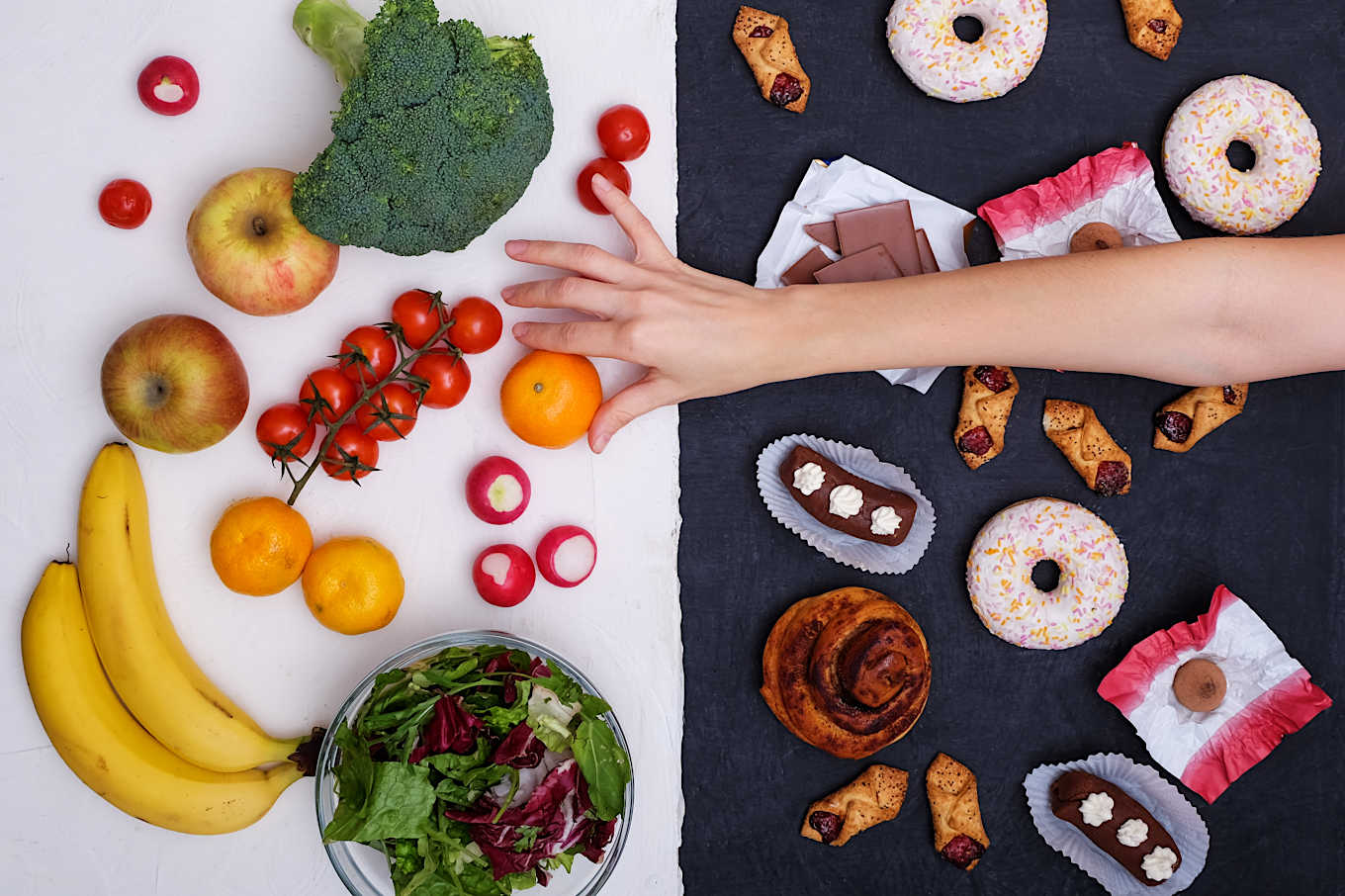How to avoid trans fats in your diet: 6 strategies
- 2 Minutes Read
If you've always wanted to know how to avoid trans fats in your diet, we've included 6 everyday strategies to steer clear of these horrible-for-your-heart fats. They had their glory days for a time, but those days are waning for our health's sake. Learn how to avoid trans fats, the worst fats for cardiovascular health.
Plant oils (canola, corn, soybean, etc.) are liquid at room temperature. Hydrogen added to any vegetable oil produces trans fat, which solidifies at room temperature. Using partially hydrogenated oils (PHOs), a major source of trans fats, results in a quality taste, texture, and shelf stability in foods like cookies, crackers, and pastries. Although trans fats make processed foods taste their best for a longer time, they don't help our cholesterol. At all. Read on to learn ways to eliminate trans fats in processed foods.
In the 1960s, scientific evidence was mounting against animal fats as the culprit for heart disease. As public health messages against saturated fats grew, food companies responded by moving away from using lard and tropical oils and towards PHOs. This seemed like a reasonable, cost-effective alternative for making products shelf-stable, with good texture and appearance, and without the saturated fat. In fact, from the 1960s through the 1990s, virtually every processed food in the grocery store contained trans fat. Restaurants joined in, too. Fryer oils using trans fats do not turn rancid as quickly, so the fryer oil does not need to be changed as often. During those years, however, the scientific study of trans fat was limited.
In the 1990s, the view of trans fats started to change. Multiple studies showed the negative effects of partial hydrogenation on blood cholesterol levels. Trans fat not only increases the LDL (bad) cholesterol, but it also lowers HDL (good) cholesterol. One study associated a 2% increase in trans fat intake with a 23% increase in the occurrence of heart disease. The Food and Drug Administration (FDA) eventually mandated that all packaged food labels indicate the trans fat quantity in a serving. By 2006, the New York City Public Health Department banned PHOs from all of New York's restaurant foods. Since then, many food companies have voluntarily eliminated PHOs from their foods due to public demand.
In 2013, a preliminary determination by the FDA declared that PHOs are not "generally recognized as safe" (GRAS) for use in processed foods. Just two years later, the FDA finally determined that manufacturers must remove artificial trans fats from processed foods. It gave food manufacturers a three-year grace period to reformulate food products without PHOs, except for naturally occurring trans fats. Natural trans fats occur in small amounts in meat and dairy, making it impossible to completely eliminate trans fat from your diet without going vegan.
The food industry has faced a huge challenge to provide quality food products without PHOs. It affects consumers because we demand quality texture and taste and want foods to last on our shelves and in our freezers. Food companies continue reformulating their products, using a combination of saturated and unsaturated oils. But these changes take time, effort, and money. Food products made before the FDA deadline may still be available in our food supply. In the meantime, check out these 6 strategies you can use now!
Thankfully, recent food labeling laws have made it much easier to avoid trans fats. I also see all of this as another excellent reason to consider eating more fresh, less processed foods, don't you?
Still new to MyNetDiary? Learn more today by downloading the app for FREE.
Nutrients->Fats